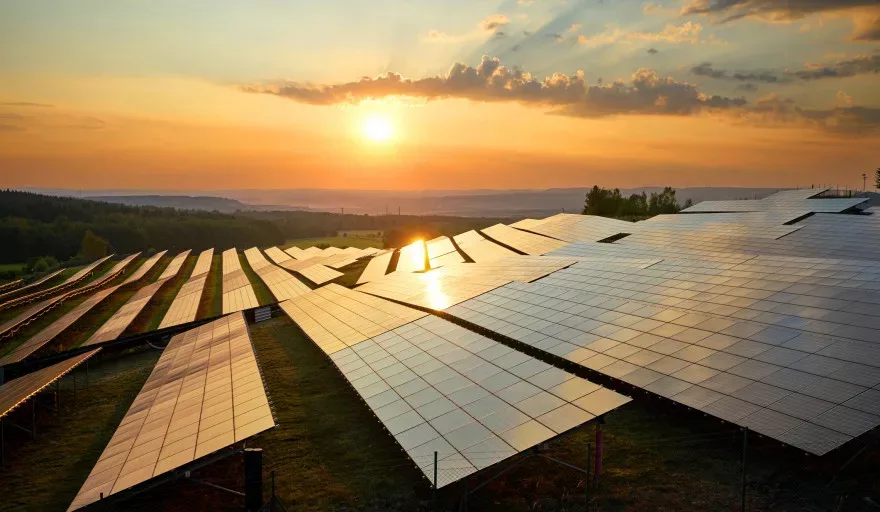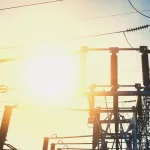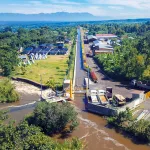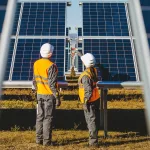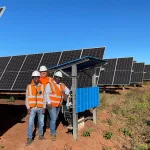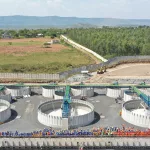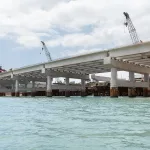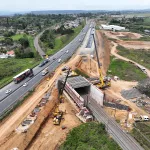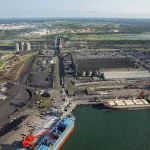With the continent’s population forecast to double by 2050, energy demand will increase at an even faster rate. AIIM’s Vuyo Ntoi looks into the issue.
Africa’s power infrastructure financing shortfall has been calculated at between $40 and 45 billion per annum by the United Nations, and this deficit is expected to grow alongside a rapidly urbanising and increasingly digitising young population.
With the continent’s population forecast to double by 2050, energy demand will increase at an even faster rate – more than doubling by 2040, all the while over half of the continent still does not have access to electricity.
Reducing this deficit is more than just a game of catch up – it will take a committed, concerted effort from a wide range of stakeholders. Public bodies, over the near term at least, will be restricted in their contribution. The fiscal capacities of many African states are being constrained by a COVID-induced economic downturn, amidst many pre-existing debt crises and continent-wide recession – the first in a quarter century.
Private sector investment is critical to kickstarting economic revival, particularly in the energy sector.
Public institutions will need to shake the temptation to pick up where they left off, by re-engaging high carbon emitting power plants, to accelerate the recovery. We have been presented with an opportunity to arm ourselves against future shocks by remolding energy generation activity in a manner that is considerate of current and future generations.
Betting big on renewable energy is essential. Green power sources will drive over half of the continent’s additional grid capacity by 2040 and simultaneously nearly double its contribution to our energy mix, accounting for 40 percent of all electricity generated. With renewable energy generation potential in the region of 1,475 GW, almost equal to 10 times total current electricity generation, it is clear in what direction our efforts should be channeled.
With increasing pressure on public finances, many of the continent’s national utilities are facing liquidity challenges. This has softened governments’ attitudes to private sector involvement and created an attractive opportunity for off-grid and distributed power generation, with the ability to deliver power to end users at lower costs without the associated costs of distribution and transmission infrastructure. Driving momentum within this space is contingent on an enabling environment, progress towards which we are seeing across many jurisdictions.
A programmatic development approach is helping to undo some of the major sticking points across the market, which is awash with private capital looking for viable investment options. An anticipated $141 billion in private financing will enter the African energy market in the decade to 2028 and a pipeline of bankable projects will be critical to ensuring that capital is directed to renewable energy ventures.
Across the continent, eight in 10 infrastructure projects do not get off the ground because of failure at the planning and feasibility stage. Despite the investor appetite, paradoxically, not enough money is being spent. Blueprints such as South Africa’s Renewable Energy Independent Power Procurement Programme (REIPPP), various scaling solar initiatives and GET FiT offer an insight into what successful public private partnership (PPP) models can achieve.
The REIPPP has overseen a reduction in solar and wind energy procurement costs of between 69 percent and 37 percent in solar and wind generation respectively, courtesy of technological advancements and competition supported by a continuous pipeline of opportunities and a transparent bidding process with a high degree of regulatory and execution certainty. In Zambia, the GET FiT project, backed by German development bank KfW, will generate electricity at nearly half the cost of grid parity from 120 MW solar projects across the country.
While that case highlights the significant cost reduction potential, it also speaks to a wider theme. Such projects benefit from the backing of state power purchase agreements (PPA) and lend themselves to greater investor certainty, but also larger scale projects. This is the staple of development finance institutions (DFIs) and their dominance in the space has translated to an overreliance on them for power supply, resulting in stunted development in other areas of the sector. For instance, this has inhibited the development of local currency sources of funding and comes replete with foreign currency issues, as with those currently being experienced on some prominent Nigerian IPPs.
They can also fall victim to issues around oversupply because of the associated focus on large projects and, in worst case scenarios, be stranded with white elephant assets. The reluctance to concentrate efforts on decentralised power projects opens the market to smaller, more agile independent players. Such entities have exhibited a commitment to building a future-focused energy market and achieving this in the quickest, cheapest way.
The benefits of working towards a more sustainable future are evident. UNDP analysis estimates that for low- or middle-income countries spending on infrastructure that focuses on future-focused resiliency, for every $1 spent there is a $4 return. The time is now to take action on this, and the private sector is well positioned to lead the charge.
ABOUT THE EXPERT
Vuyo Ntoi is the Investment Director for Southern and Central Africa, and is responsible for overseeing AIIM’s activities in this region. AIIM develops, advises and manages private equity infrastructure funds and Ntoi has been involved in the management and advice of AIIM’s funds since 2003. He is responsible for originating, analysing and implementing investments for these funds.
Ntoi was initially involved in the build-up of the South Africa Infrastructure Fund’s (SAIF) holdings in South African toll roads, including additional stakes in Trans African Concessions, N3 Toll Concession and Bakwena Platinum Corridor Concessionaire. He is currently a director of Trans African Concessions, Umoya Energy and Cenpower Generation Company Limited.
Ntoi holds a B.Com Honours degree from the University of Cape Town and an MBA from IESE Business School.

